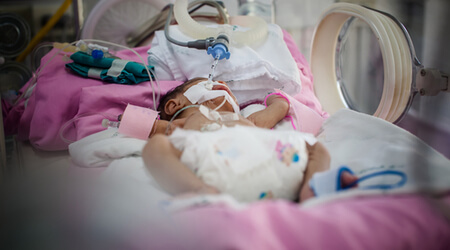
Brain injuries in infants sometimes occur as a result of medical malpractice during childbirth. Infants can also suffer injuries due to other causes, including shaken baby syndrome, falls and other trauma to the head.
Recent studies indicate that as many as 9,400 infants each year suffer a head injury due to a fall from a high chair.
When an infant experiences a brain injury, the impact of the injury could affect the rest of the child’s life. If someone else’s negligence caused the injury, parents need to understand their right to take legal action to recover compensation from those responsible for harming the child.
A brain injury lawyer at Joye Law Firm in South Carolina can help. Call Joye Law Firm today to schedule a free consultation to get answers to questions such as:
- Who may be responsible if my infant suffered a brain injury?
- How can I take legal action based on my infant’s brain injury?
- How can an attorney help with my child’s brain injury case?
Legal Responsibility for Infant Brain Injuries
When determining who may be responsible for an infant’s brain injury, it is important to uncover the underlying cause of the brain damage. Causes of brain injuries in infants can be divided into two broad categories – injuries caused by trauma and injuries caused by hypoxia (lack of oxygen).
- Most brain injuries infants experience after birth – such as those caused by falls – usually occur due to trauma.
- Injuries during birth can result from medical mistakes that cause trauma or deprive the infant’s brain of oxygen. A doctor may cause anoxic brain damage if the physician delays ordering a Caesarean section or fails to monitor for signs of fetal distress, for example. The use of forceps or a vacuum during delivery is also a leading cause of trauma.
A third party whose negligence was responsible for causing trauma or oxygen deprivation may be held legally liable for the child’s brain injury. This includes:
- A doctor, hospital or other healthcare provider responsible for negligent labor and delivery mistakes.
- A negligent caregiver, such as a preschool or daycare provider.
- The designer of a defective product, such as a high chair.



























